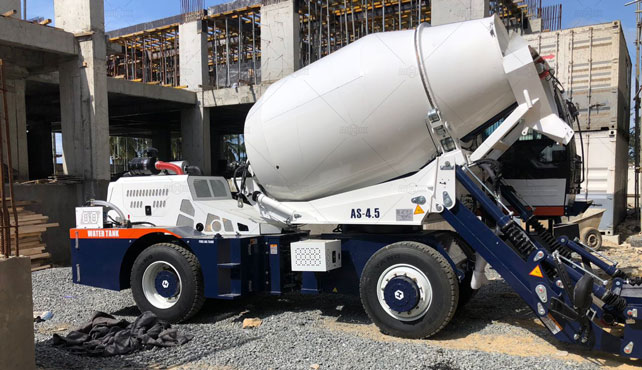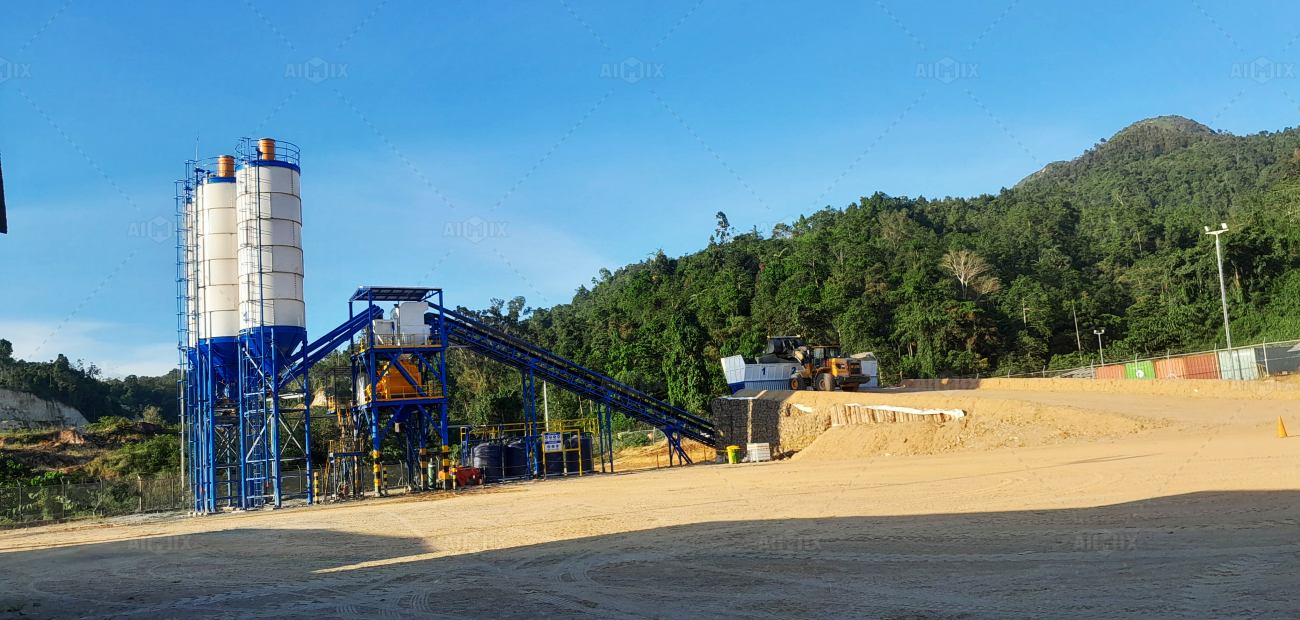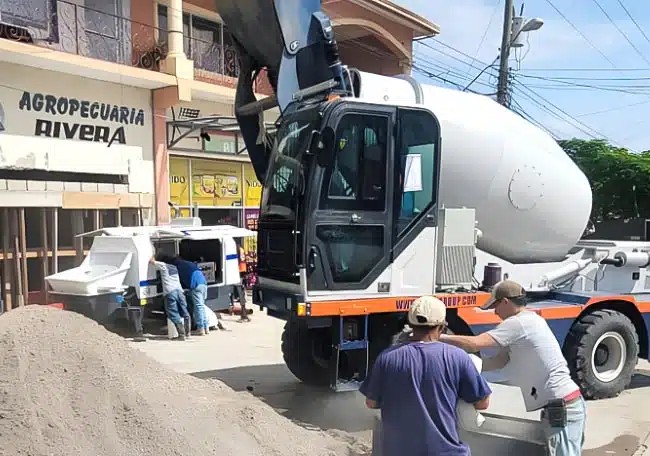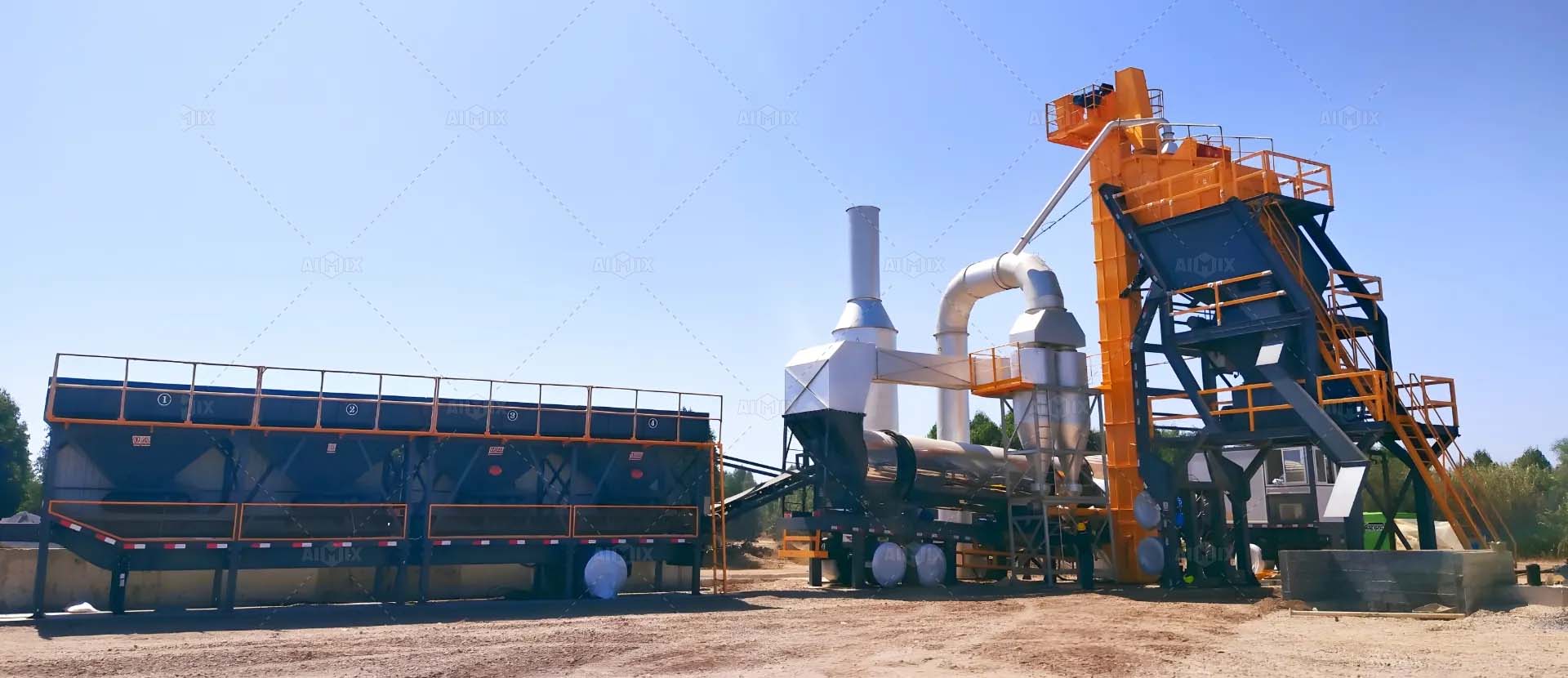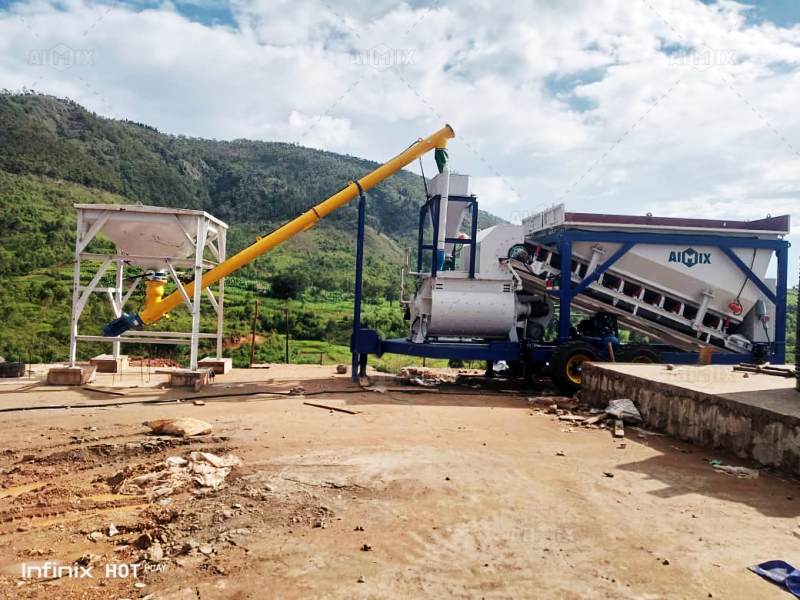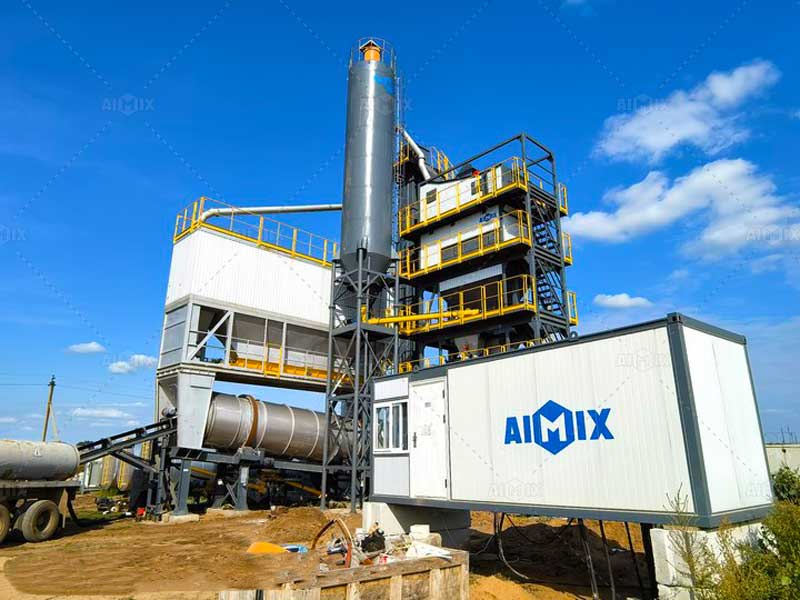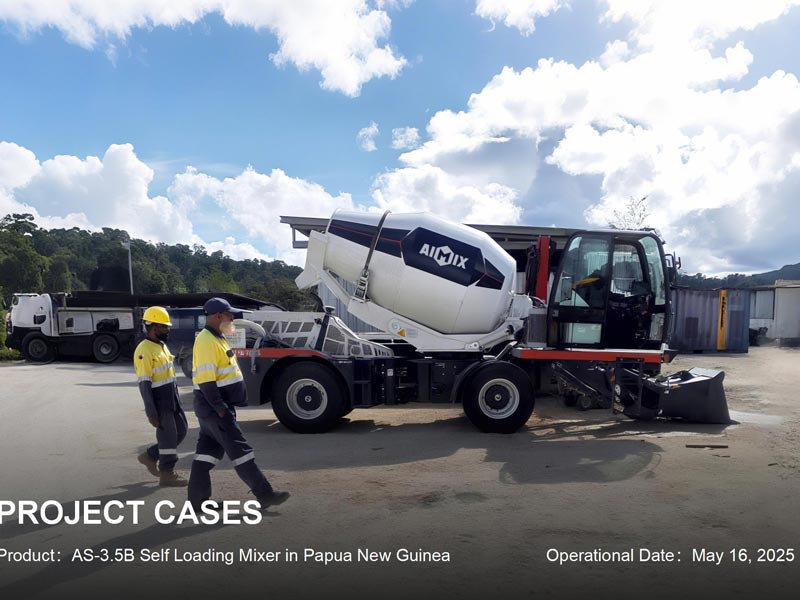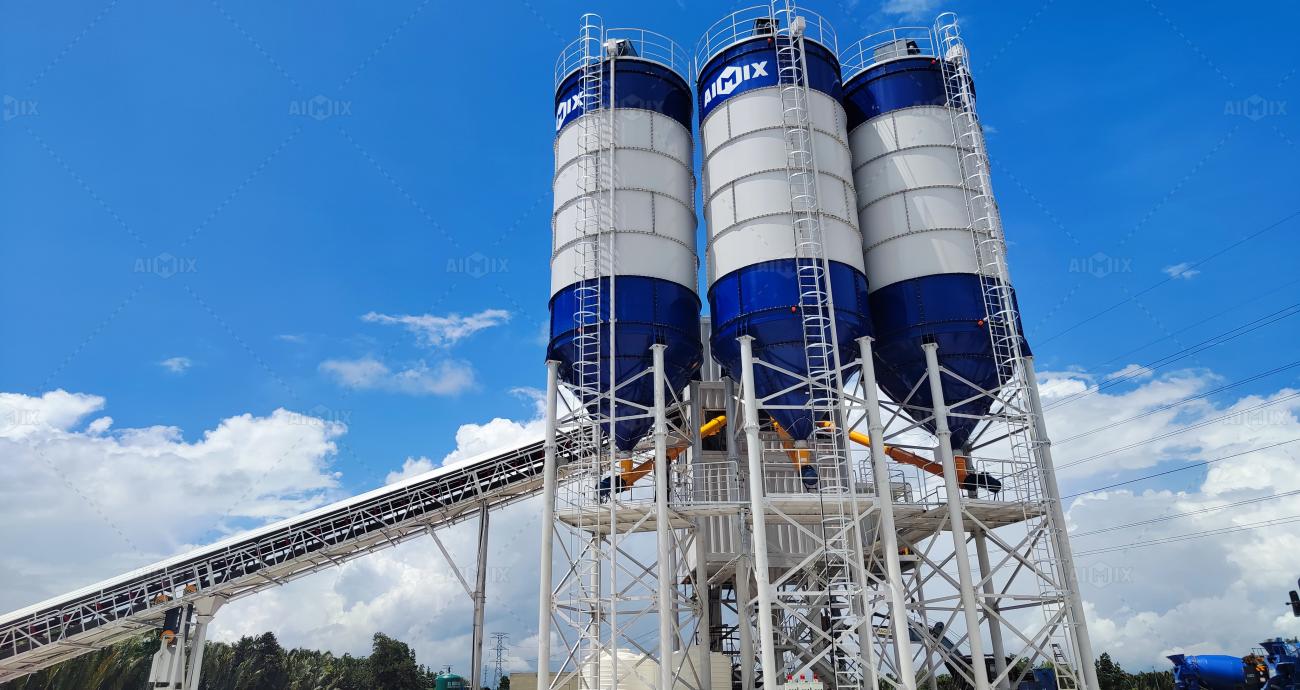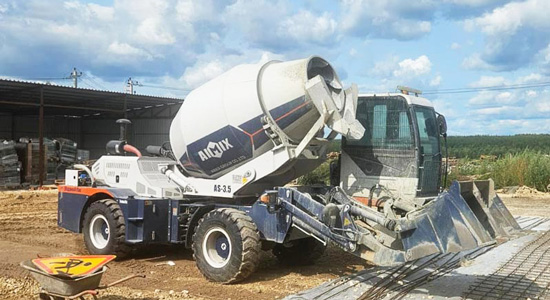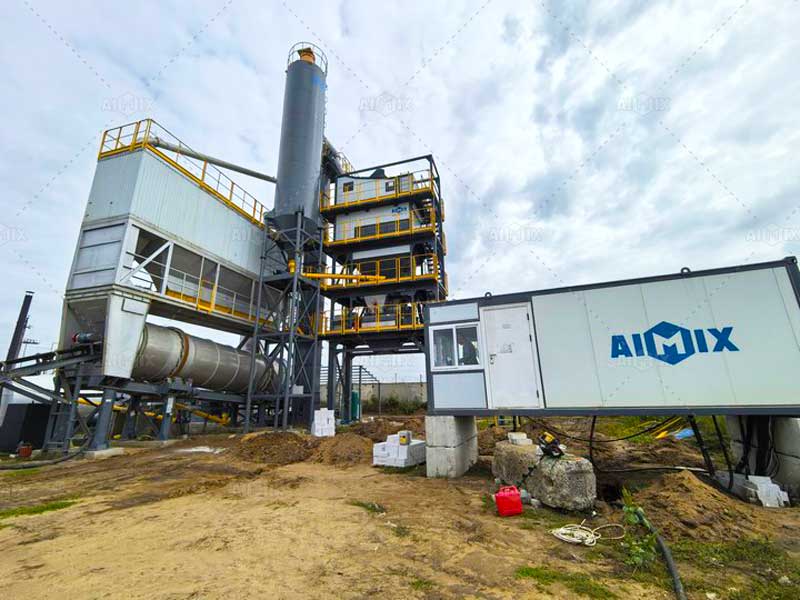Finding the right self loading concrete mixer price helps you plan budgets and pick the best fit. Prices vary by model, capacity, and location. Knowing ranges lets you compare options and avoid overspending.
Construction&Mining&Road Machinery Blogs
When evaluating a concrete batching plant investment, many buyers focus primarily on the upfront concrete batch plant cost. While initial price is important, it only tells part of the story. In reality, cost and performance are deeply interconnected through a series of engineering trade-offs that directly influence productivity, operating...
Choosing the right concrete mixer saves time, cuts cost, and lifts quality. Builders often compare self loading, mobile, and portable options. Each type suits different sites, volumes, and crew sizes.
Rural road construction in South Africa poses unique challenges. Limited access to centralized asphalt supply, long transportation distances, and variable site conditions all affect project efficiency. For contractors and local authorities, the key question is often: Can a mobile asphalt mixing plant for sale deliver the required output...
When considering the purchase of a mini concrete batching plant, many buyers focus primarily on the initial purchase price. While the upfront cost is an important factor, it is only a part of the overall financial picture. Maintenance requirements, service support, spare parts availability, and potential downtime all play critical roles in...
When city councils or contractors plan multiple road projects simultaneously in South Africa, the capacity and efficiency of asphalt plants become critical. A common question arises: Can a 160 t/h asphalt plant for sale in South Africa handle continuous production to meet tight deadlines and high-demand projects? In this article, we explore this...
Builders often face a choice between a concrete transporter and a mobile concrete mixer. Each serves different site needs. Picking the right one helps save time, cut cost, and lift quality.
The cost of establishing a ready mix concrete (RMC) plant varies significantly across countries and regions, influenced by factors such as labor costs, raw material availability, local regulations, and supplier origin.
Small builders often face tight budgets and rising costs. A concrete mixer is vital for on-site work. Knowing concrete mixer prices in Kenya, concrete mixer for sale UK, and other markets helps plan purchases. Financing options can ease the burden. In this blog, we explain mixer pricing and ways to fund them. We also link to self loaded concrete...
Many county-level road departments want reliable asphalt production without overspending on oversized equipment. A 150 t/h asphalt plant often becomes a popular choice because it sits in the middle range—large enough for daily maintenance needs, yet still affordable and easy to install. However, the real question is this: can a 150 t/h batch type...

